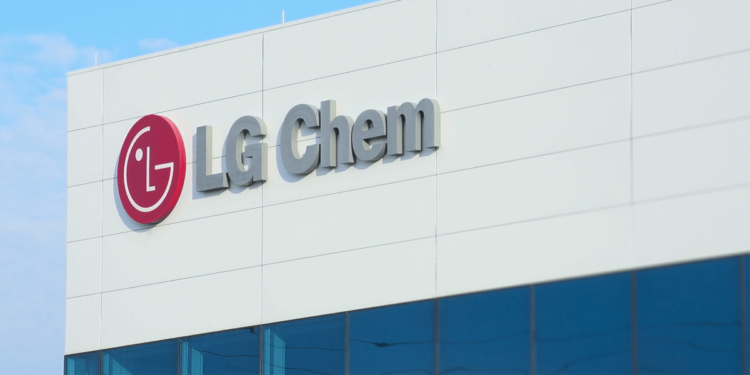A joint venture between LG Chem Ltd. and Korea Zinc Inc. is gearing up to commence mass production of precursor, a crucial material for electric vehicle (EV) batteries. The facility, currently in test operations, aims to help customers comply with US requirements for clean car federal tax benefits.
Established in August 2002, the joint venture, Korea Precursor Co., successfully manufactured a precursor prototype just two weeks after completing the test operations of its plant last month, according to Korea Zinc.
LG Chem, South Korea's leading chemicals company, along with Korea Energy Materials Co. (KEMCO), an affiliate of Korea Zinc, invested 200 billion won ($144.6 million) in the joint venture, which boasts a precursor capacity of 20,000 tons per year. LG Chem is the parent company of LG Energy Solution Ltd., the world's third-largest EV battery producer.
A precursor is a material created by combining nickel, cobalt, and manganese, which is then added to lithium to produce cathodes. Precursors account for 70% of the costs of cathode materials, with nickel constituting more than half of the precursor ingredients.
“It is expected to smoothly meet the mass production target within this year as it secured quality by successfully realizing the nature of precursors based on the combination of LG Chem and Korea Zinc's technology,” said a Korea Zinc official.
The joint venture is poised to reduce South Korea's heavy reliance on Chinese companies for precursors, which has been a concern for major battery makers in the country, including LG Energy, SK On Co., and Samsung SDI Co. The global precursor market is currently dominated by Chinese companies, benefiting from the country's abundant mines and cheap labor.
EV and cell manufacturers are increasingly seeking materials produced in other countries, as the US considers certain battery materials procured from foreign entities of concern (FEOCs) as ineligible for federal subsidies of up to $7,500 per vehicle.
“The successful prototype production enabled competitive precursor manufacturing to increase customers and sales,” said a Korea Precursor representative. “We aim to start mass production as soon as possible after obtaining relevant certification.”

















